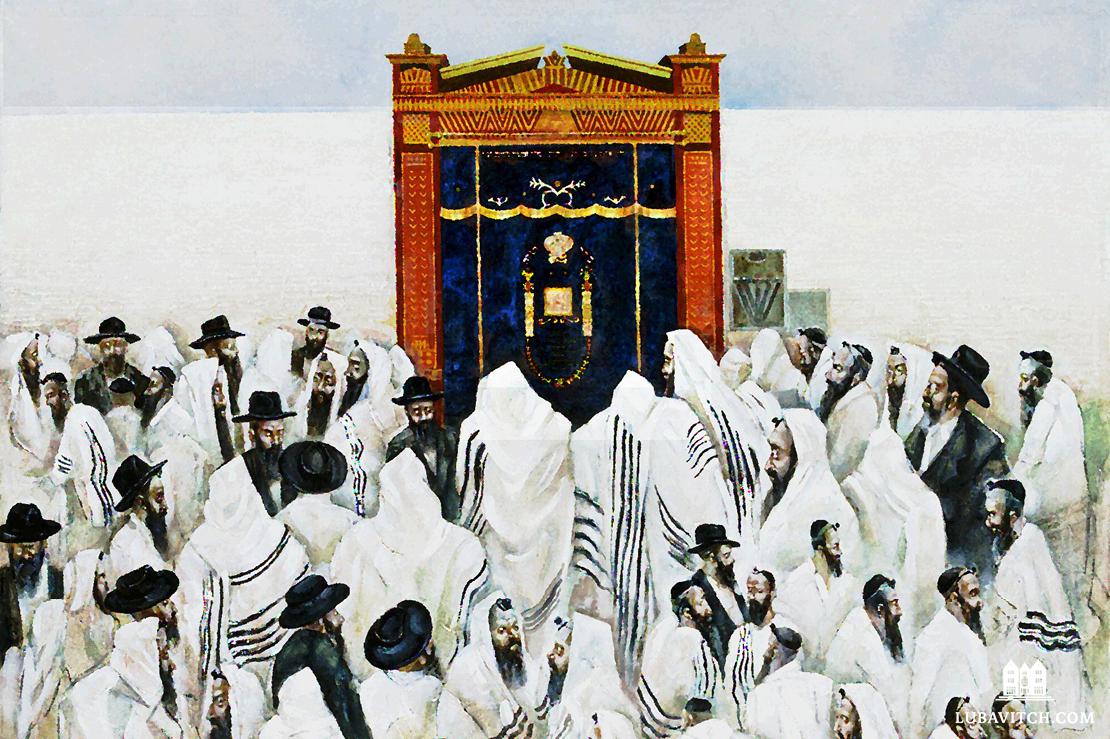We didn’t see it coming.
The dark ages were well behind us. We could laugh incredulously at the old tropes and ugly stereotypes shamelessly used to taunt Jews. Things were different now, we were convinced.
But one fine day, the veneer came off and we saw that we may just be living in a fool’s paradise.
And Rabba bar bar Ḥana said: Once we were traveling on a ship and we saw a certain fish upon which sand had settled, and grass grew on it. We assumed that it was dry land and went up and baked and cooked on the back of the fish, but when its back grew hot it turned over. And were it not for the fact that the ship was close by, we would have drowned (Bava Batra 73b).
Rabba bar bar Hana, known for his fantastical anecdotes, was a Talmudic sage who traveled frequently between the Jewish centers of Israel and Babylonia, giving him a unique perspective. His allegories, like so much of aggadic literature, are said to contain coded messages of deep wisdom.
This one in particular is of timely interest. Because like Rabba’s travelers desperate for dry land, we too are sometimes fools for appearances. Understandably. Our peripatetic history has made us eager to see what we wished to see, ready to invest and build on gossamer-thin foundations. And then on October 7, and every day since, we discovered that in fact we were not on dry land. In an instant, like Rabba bar bar Hana’s parabolic fish, our world flipped.
Fortunately, we could reach for our trusty anchor and steady ourselves against the traumatic assault designed to throw us into the sea. A year later, the assault has not abated, but it has compelled us to see beyond deceiving appearances, and to look for what endures.
***
In rural Saskatchewan, a man leaves a final request to be buried in a simple pine box. His wife doesn’t know why.
Friday evening in Iceland, a professor impulsively follows a group of Jews on the street into the Chabad House. She has no idea what made her do it.
In Israel, a young woman felt the urge to recite a prayer every day for months before she would be taken hostage. She could not explain it.
A startling wish, a random gesture, an inexplicable response—the stories that emerge from this kind of “seeing” spring unexpectedly and give evidence of something dynamic and vital that stirs beneath the surface, if only we look for it.
In this issue, we try to convey some of the mystery that ordinary language cannot capture. We wanted a reprieve from the images of bloodshed and war that have flooded our visual senses during these last twelve months. So we invited artists and poets to let us look through their eyes, to see what they discern, sometimes hiding in plain sight, sometimes thoroughly obscured.
They remind us that art which moves us to see more deeply, think more broadly, and act with greater intention can be holy. We cannot shut out the images coming from Israel and around the world. But we can learn to practice a new way of seeing, an inner seeing that invites us into a more elevated space, even as the sea around us rages.
May G-d bless this year with holy beauty.
Wishing each of you, dear readers, a good, sweet year.
שנה טובה ומתוקה

Be the first to write a comment.